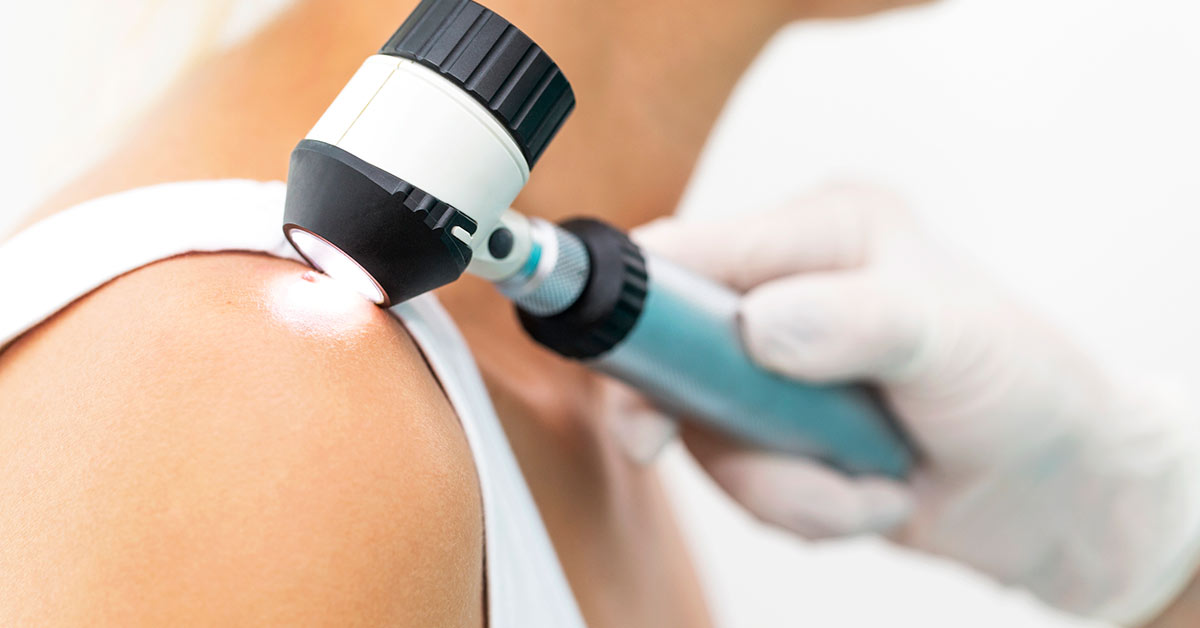
My Doctor Told Me I Have A “Precancerous” Lesion. Do I Have Cancer?
-
Receiving the news that you have a precancerous lesion can cause considerable confusion and stress. Naturally, questions will arise as to the risks of getting a “cancerous” lesion, whether treatment is necessary and, if necessary, what treatment options are appropriate.
It’s important to keep in mind that precancerous lesions can be found almost anywhere in the body and that early detection is one of the most important parts of curing cancer. However, in some instances, doctors can detect a cancer so early that it is referred to as a “precancerous” lesion or a “Stage 0” cancer.
What does precancerous mean?
So what does this mean? “Precancer means there isn’t cancer there yet, but if you don’t monitor or do something about it, it may develop into cancer,” noted Dr. Stephanie Angela King, surgical oncologist at Fox Chase Cancer Center. Basically, a precancerous lesion is a collection of cells from the body’s organs that may look and appear to be the same as cancer cells, but may not have the properties of cancer cells that allow them to break through the membranes of the organ they come from and spread (or “metastasize”) to other organs. Often, precancerous lesions are not invasive and a person will not develop cancer.
In some cases these precancerous cells, if left alone, may go on to become “invasive” cancer cells. Sometimes, it may take these cells a few years, or even decades to progress. In other instances, these cells may simply be a “marker” or indicator that the risk of developing an “invasive” cancer is higher.
In the past, there has been some press about possibly reclassifying “precancerous” lesions as “not” cancer. Although the debate is ongoing about how to classify these conditions and whether or not we call them cancer, the really important issue is what to do as a patient if you’ve been told you have one and what you need to do about it.
Treatment of precancerous lesions
Treatment can range from simply watching the patient closely, having minor surgery, starting a medication that helps prevent growth, or possibly a major surgery. Every organ is different in how we manage these “precancer” lesions, so each patient needs to meet with a specialist in this area to come up with a plan to follow up and treat. In some cases, it may even be a sign that family members need to be checked or followed as well.
If you've been diagnosed with precancerous cells, it is a good idea to ask your physician what follow-ups are necessary and how often.
